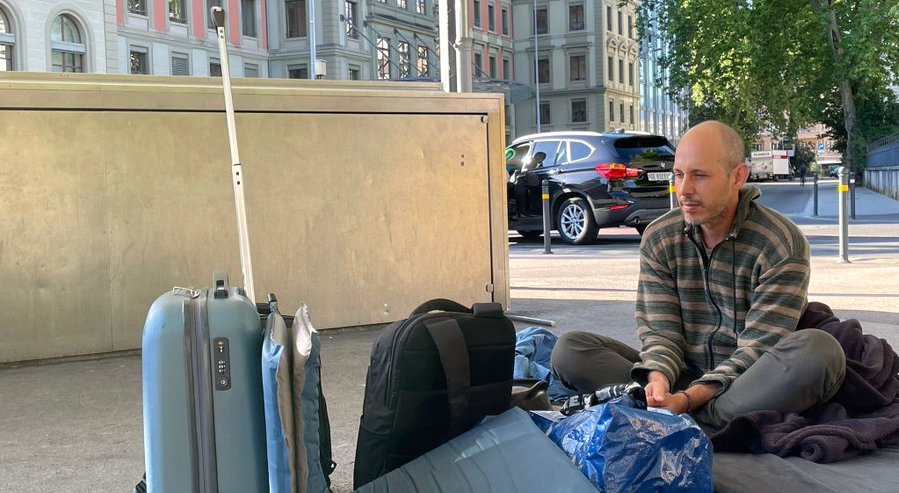Cuban scientist Ariel Ruiz Urquiola has resorted to a hunger strike at the United Nations headquarters in Geneva after his sister, Omara Ruiz Urquiola, saw her right to enter Cuba violated. Why? Don't she and other Cubans in the same situation have legal recourse in the face of violations of a right recognized in the Constitution of the Republic and in the Declaration of Human Rights, of which Cuba is a signatory?
Reading the phrase "a right recognized in the Constitution of the Republic" could bring to mind, for some readers, the Constitutional Rights Protection Law, finally adopted in May after being postponed by the regime several times. But, as an analysis of the preliminary draft by DIARIO DE CUBA showed, this law does not protect all the rights recognized in the Constitution, or all Cubans.
Under its Article 6, national defense and security will continue to be invoked as pretexts for the violation of any constitutional right in Cuba, even if the country is not at war or the site of a natural disaster.
Rights such as freedom of expression, assembly, demonstration for peaceful purposes, and movement - violated in the cases of Omara Ruiz Urquiola, Anamely Ramos, Karla Pérez and other Cubans - will continue to be breached with national security being invoked to justify this.
Therefore, it is of no use that, according to Article 13, "the organs of the State, its leaders, officials or employees accused of the alleged violation" can be sued, in addition to "individuals and non-State entities accused of violating constitutional law," as Act No. 1312 of 1976, the Migration Act, as amended by Decree-Law No. 302 of 11 October 2012, authorizes preventing persons who do not even have criminal records from leaving or returning to Cuba, "when defence and national security considerations warrant it."
But, what national defense or security factors justify Professor Ruiz Urquiola's exile? If she constituted a threat, how is it that she has not been imprisoned, or "even fined for stepping on the lawn," as she stated after being prevented from boarding the plane bound for the island?
The abovementioned immigration law prohibits people who organize, foment, carry out or participate in "hostile actions against the political, economic and social foundations of the Cuban State" from entering the country.
What hostile actions has Omara Ruiz Urquiola ever organized, encouraged or carried out? The regime has not even bothered to specify them, and the professor has yet to receive an explanation as to why she has been prevented from entering her country of birth, where her home and mother are located.
The regime must be very afraid of women like Omara Ruiz Urquiola, Anamely Ramos and Karla Pérez when it subjects them to a form of violence, as barring them from Cuba means stripping them of their homes, their property, their legal residence in the country, and the possibility of being with their families.
Cubans deprived of their right to enter the country also find no recourse under the Administrative Process Law approved in 2021, as it establishes that issues of a military nature, or related to national defense, State security, or measures adopted in exceptional and disaster situations to safeguard the general interests, are excluded from its jurisdiction.
What peaceful course remains, then, for Cubans in the face of the lack of protections afforded them by rules clearly designed to quell and punish dissent, except to protest before the United Nations?
But Ariel Ruiz Urquiola's protest at the UN is doing more than highlighting, yet again, the human rights violations committed by the Cuban regime. It is also calling into question the credibility of the institution itself, as the Cuban state has a seat on its Human Rights Council.
Every minute that the regime mantains that seat the UN's credibility wanes, as the situation constitutes a mockery of Cubans and defenders of human rights around the world.
